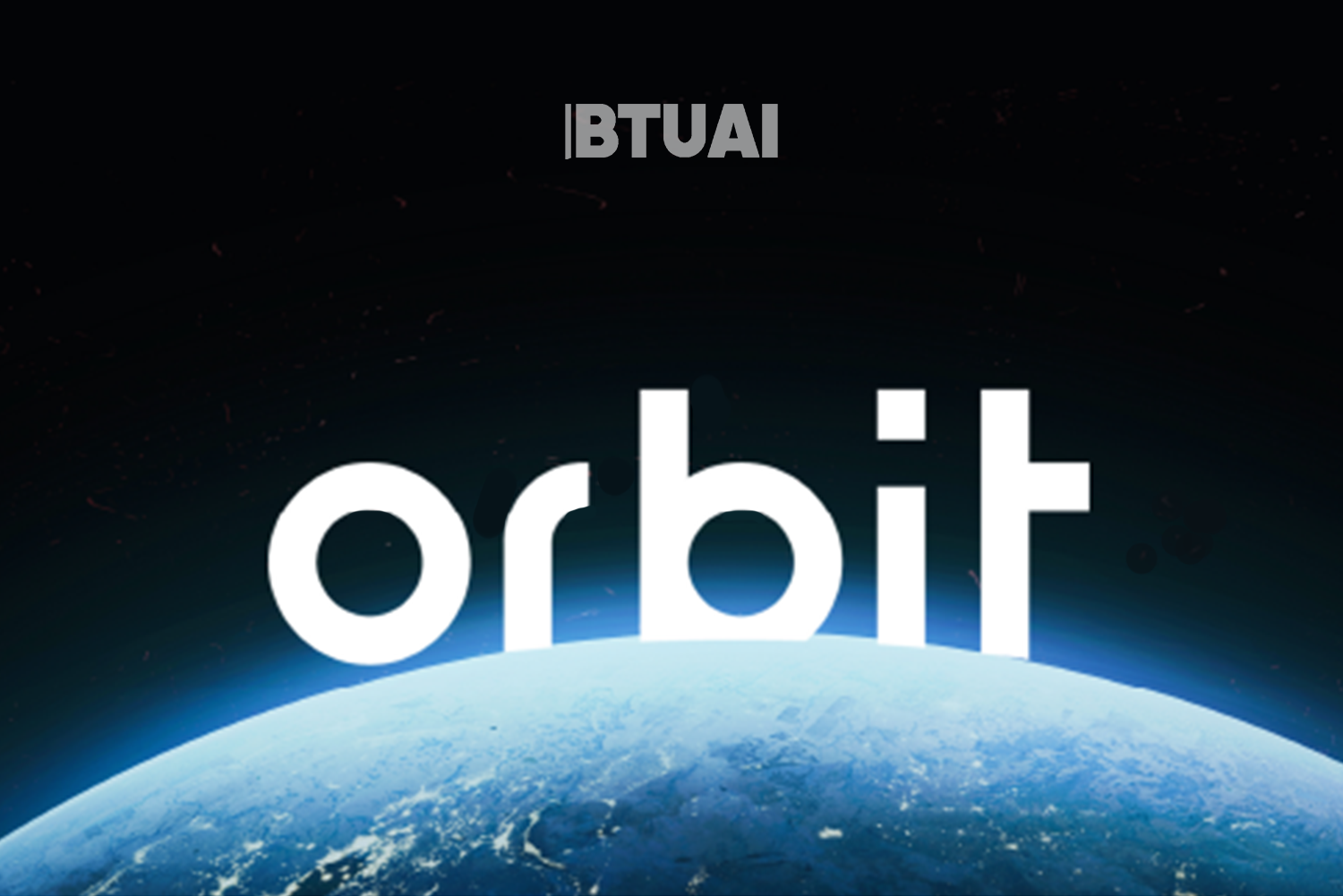Why Georgian Education Is Key for SaaS Startups: Insights from MIT Orbit
In recent years, digital learning has reshaped the global education landscape, yet in Georgia the transformation is still uneven

In recent years, digital learning has reshaped the global education landscape, yet in Georgia the transformation is still uneven and full of barriers. The pandemic-driven shift to remote education exposed both the potential and the structural weaknesses of the system — from limited internet access to gaps in digital skills among teachers and students. It is precisely in this context that Software-as-a-Service (SaaS) technologies offer critical opportunities for schools, universities, and vocational institutions.
Learning management systems (LMS), digital content platforms, student information tools, and online assessment modules are no longer just features of top international universities. According to BTUAI’s recent study, demand for these solutions is growing in Georgia’s education sector — particularly among universities and vocational schools where there is increasing pressure for administrative efficiency and high-quality online delivery.
Georgia has around 60 universities and approximately 2,000 schools. While this may not match the scale of several other market segments, its value lies elsewhere. Education institutions tend to be stable, long-term clients with recurring needs. Moreover, universities often have access to international partnerships or donor-funded programs that can help finance digital tools.
Despite ongoing challenges — such as unreliable rural internet, limited digital readiness among educators, and bureaucratic inertia — the education sector remains both strategically important and politically prioritized. Strengthening digital skills is no longer a peripheral issue; it is central to improving academic outcomes and ensuring students are prepared for a digital labor market.
For SaaS startups, understanding the internal decision-making dynamics of educational institutions is key. Some schools make decisions at the central level, while others operate independently. As a result, startups must adapt both marketing and technical approaches: offering tools that work online and offline, integrate with existing systems, and are easy to learn and use.
If a startup can deliver a product that meaningfully reduces administrative burden, improves learning outcomes, or helps meet international digital standards, it has a real chance to succeed in this sector.
These insights are drawn from BTUAI’s report “B2B SaaS Ecosystem Market Analysis in Georgia from a Startup Perspective”, developed using the MIT Orbit disciplined entrepreneurship framework. Please find the full report here.




